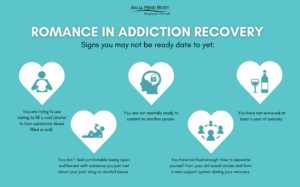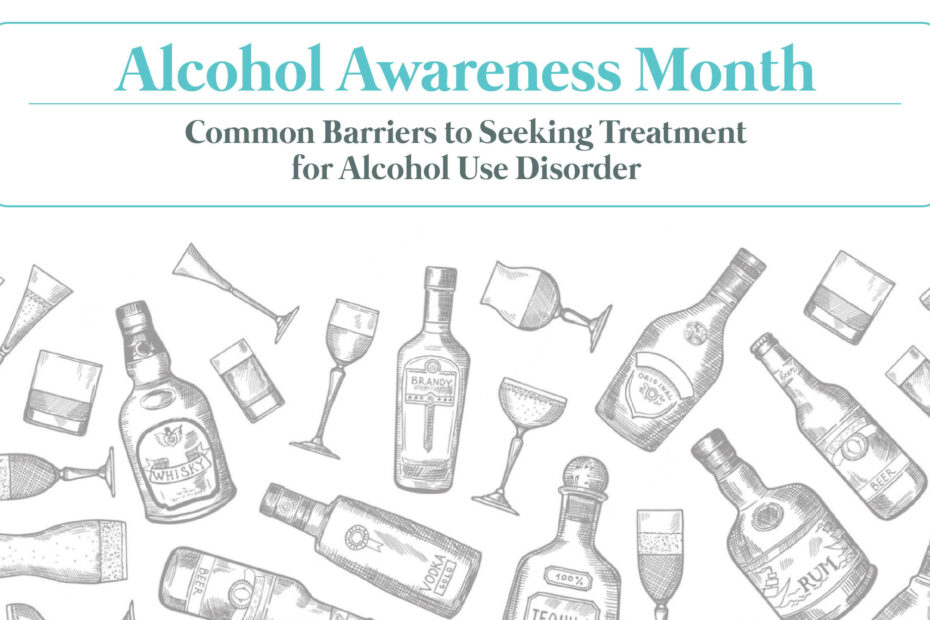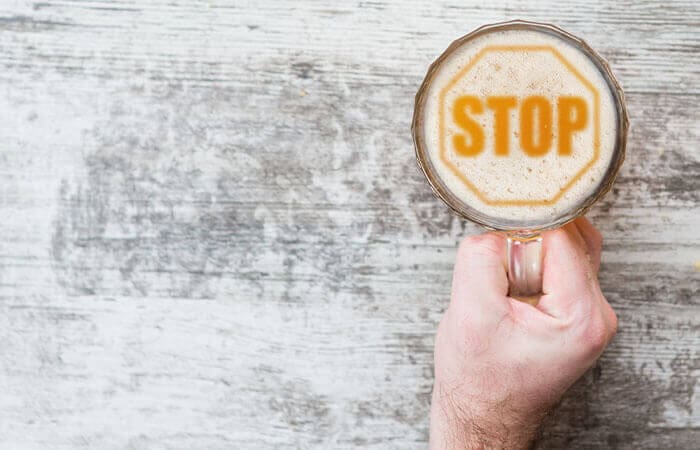Romance in Addiction Recovery: Pitfalls of Dating in the First Year of Sobriety
In the early stages of recovery from addiction, healthy relationships and being true to yourself and your recovery are essential for your well-being and sobriety. As humans, we are social creatures and want to connect with others on a platonic or romantic level. Creating new relationships during recovery is a shared experience; many relationships with our peers can enhance our lives and help us stay on the path of sobriety. Our recovery peers can hold us accountable, lend us support, introduce us to new hobbies and views on life, and walk beside us during our recovery journey. Romantic relationships, however, may not offer the same value to someone with a substance use disorder, especially in the early stages of recovery. Many addiction experts believe that dating within the first year of recovery may be more harmful to a person creating a new sober life in recovery. Here’s why:
You may lose focus on your recovery
Early in the recovery process, a lot is going on as you learn to navigate your new, sober life. It is almost as if you are starting over. There is a lot of work you must do, and this requires focus, time, and patience so you can learn how to live peacefully in recovery. This work involves learning new skills, practicing the disciplines needed for a new way of life, adopting healthy coping techniques, repairing relationships, and seeking support from others in recovery. You are creating a healthy new version of yourself, which takes time and effort. Entering into a romantic relationship within the first year of recovery means that you will be taking time away from yourself and your sobriety, as romantic relationships can be demanding. They require your time, energy, emotions, and physical and mental space, which can prematurely shift your focus to another person instead of caring for yourself.
You risk falling into a codependent relationship
Addiction is not limited to drugs and alcohol; it can also show up in a preoccupation with other things, such as food, certain behaviors, and people. Focusing on a new romantic relationship and the excitement of new love can become intoxicating and become an obsession for some people. People may use drugs and alcohol to fill a void, and upon entering treatment and navigating the early stages of recovery, you have to learn how to navigate that void without abusing substances. Romantic relationships can fill this void in early recovery and can turn into unhealthy codependency.
“The term “codependency” was actually coined because of substance abuse and the toxic relationship that can occur if you are caring for your loved one with addiction. “It was used for defining distorted behavior due to having relations with an alcoholic, and during the mid-1980s, it was used for defining not only individuals in relation with substance abuse but also individuals with familial functional disorders and those who develop poor means of relations ‘. Click here to learn more about codependent relationships and how to seek help.
If you are struggling with abandonment issues or past trauma, entering into a romantic relationship can be a quick way to feel loved and wanted, especially since feelings of loneliness, insecurities, and sadness that were covered up with drugs and alcohol may also be covered up with romance. To fully heal and navigate recovery, you must be able to sit with these unwanted feelings, insecurities, emotions, and past traumas and learn to work through them with coping mechanisms you learned during treatment. When you become sober and start meeting people in recovery, it’s incredible to find someone who “gets you,” but this can lead you down a dangerous path. Just because you find someone attractive who is also in recovery does not mean that they are your soul mate.
Dating in early recovery may increase your risk of relapse
Even harmonious and healthy relationships have a level of stress that can distract you from completing the work required for recovery. New relationships bring excitement, transition periods, and a sense of uncertainty at the beginning that can cause stress. These stressors, even if minor or healthy, in any relationship must be managed, and you may not yet have the tools to manage them during the first year of your recovery.
Other factors besides stress can cause relapse. It may come from an inability to develop positive character traits or establish healthy boundaries within your relationship. The person you’re involved with may not be in a healthy place in their life as dating began. A major life change could occur for one or both of you, and you may not be ready to handle this change in a healthy manner. As you focus on your priorities during early recovery while trying to balance a new relationship, volatile circumstances may arise. They can lead you back to unhealthy behaviors, including substance abuse, as a way to cope.
You may risk heartbreak and rejection, which can be harmful to your mental health
Every new (and old) relationship comes with the risk of a breakup, and with dating, rejection often comes. Maybe you two were not compatible, maybe you had a fight that cannot be repaired, perhaps the person is not who you expected, or maybe you were at fault; but regardless of the breakup or rejection happened, ending a relationship can leave us feeling lonely and sad which can negatively impact our mental health in the early stages of recovery. Rejection by a romantic partner can feel devastating. If you already have a history of depression or other mental health issues, you may find that your symptoms intensify during this tumultuous time. To be in a healthy relationship, you must be emotionally and mentally prepared to also deal with the heartbreak that comes with rejection or a breakup. Many people, regardless of whether they are in recovery or not, are not in this mindset.
Signs you may not be ready date to yet:

- You are trying to use dating to fill a void (similar to how substance abuse filled a void)
- You are not mentally ready to commit to another person
- You have not achieved at least a year of sobriety
- You have not had enough time to separate yourself from your old social circles and form a new support system during your recovery
- You don’t feel comfortable being open and honest with someone you just met about your past drug or alcohol abuse
Am I ready to date?
“Before you jump into the dating scene, you must be comfortable and confident in your recovery. Are you able to talk about your past? Can you confidently explain to a future partner that you live a sober lifestyle? Can you say “no thank you” when offered an alcoholic beverage on a date? Can you stand up for yourself and your recovery? Staying steadfast in your recovery should be at the forefront of every relationship. Even if you are successful in dating, you should still carve out time to attend meetings, support groups, and therapy sessions. Be honest with your dating partners about your recovery journey”. If you have successfully completed one year of recovery and feel you may be ready to date, here is a practical guide to dating in recovery.




